Sindhuniverse: the international plague of child sex trafficking
Nisha was born in the Nat community of Bihar, where intergenerational prostitution is an entrenched practice. The girls of the village are taught as children that they are indebted to their families. They are taught to pay back this debt by prostituting themselves.
By the time she was 14, Nisha Khatun had been sold and resold into the sex trafficking industry three times, physically abused by criminals, and gang raped.
“I knew then that … there [was] no way I could escape the fate of becoming a prostitute,” Nisha said.
Sexual slavery is a crime that is prevalent not only in countries like India, but also in the United States. This may be a difficult reality to confront and accept, but it is an inescapable truth.
This isn’t just Nisha’s story. This is the story of 15 million girls worldwide. We may have learned in history that slavery ended 149 years ago, but, according to the TraffickFree organization, there are more slaves today than ever before — 27 million. In fact, sex trafficking is the third most lucrative business in the world, only after drug and arms trafficking.
3 out of the 13 metro-areas in the United States have been identified by the FBI as areas of high intensity for child sex trafficking. In fact, 20th to 85th street in Oakland and stretches in San Francisco are primary locations of the crime.
These are the streets that my family and I have passed by my entire life. Knowing that there could have been an entrapped girl waiting to be saved in any one of these areas crushes me.
“Everyday we go about our lives driving past or sitting near a person who is going to be sold ten times a day for fifty dollars,” said Mark Fisher, the International Justice Mission California campaigns state leader.
No matter where these girls come from, the verbal, somatic, and psychological abuse or torture that they encounter is ubiquitous. They undergo extreme devastation, they lose control over their own body and sexuality. As a result, these children begin to suffer from Attention Deficiency Disorder, Post-Traumatic Stress Disorder, and exorbitant amounts of anger. They feel confined and trapped because they can no longer express themselves, and also because they are engulfed in shame, fear, or guilt.
“Racism, sexism, and poverty. Those are the three major bars of the cage that force women into prostitution,” said Dr. Melissa Farley, renowned clinical psychologist, researcher, and activist. “Today, women are prostituting for gas money to get to a job interview.”
Physically, they are targets of not only STDs such as AIDs and HIV, but also other debilities like Tuberculosis. To shield themselves from the memories and experience of slavery, they even become reliant on alcohol. The girls are even made to believe that their pimps are their own family, that they have nowhere else and nobody else to run to.
Despite this, it was only in 2012 that we included ourselves in the annual trafficking and persons report. Our absence on this list reflected the widespread notion that sex slavery was a distant, almost fantastical crime that would never be able to thrive here in the states. We didn’t realize that sex trafficking doesn’t depend on geography, but on social and economic circumstances.
I was in a dark, isolated room when I first heard about Nisha’s life. I looked up at my reflection in the window. My face looked different, like it wasn’t even mine anymore. It was just a girl’s. A girl in a run-down room with nobody to go to for love; a girl who was not in control of what happened with her own body; a girl who didn’t remember the last time she looked into a mirror and recognized who she even was.
I was on the other side of that clear window barrier, sitting in an air-conditioned environment full of leather chairs and smelling of gourmet food. Just like Nisha, I was fourteen.
When Nisha Khatun was asked if she saw trafficking as a future for women, she responded with a resounding “NO,” loud enough for the world to hear and, if listened to carefully, echoed back.
Simply hearing of Nisha’s struggles was enough to change my life. She made me feel thankful every single day for the life that I had, and I knew that I would live with the lessons she taught me for a very long time. Her truth incited within me a need to end this exploitation.
Sindhu Ravuri’s (11) column “Sindhuniverse: Global Commentaries” will appear on the first Monday of each month, exclusively on Harker Aquila.
Sindhu Ravuri (12) is the Editor-in-Chief of the upcoming long form magazine. She served as the Winged Post Business Editor her sophomore year and Global...































![Setter Emma Lee (9) sets the ball to the middle during the match against Pinewood on Sept. 12. “[I’m looking forward to] getting more skilled, learning more about my position and also becoming better friends with all of my teammates, Emma said.](https://harkeraquila.com/wp-content/uploads/2023/09/DSC_4917-2-1200x795.jpg)




































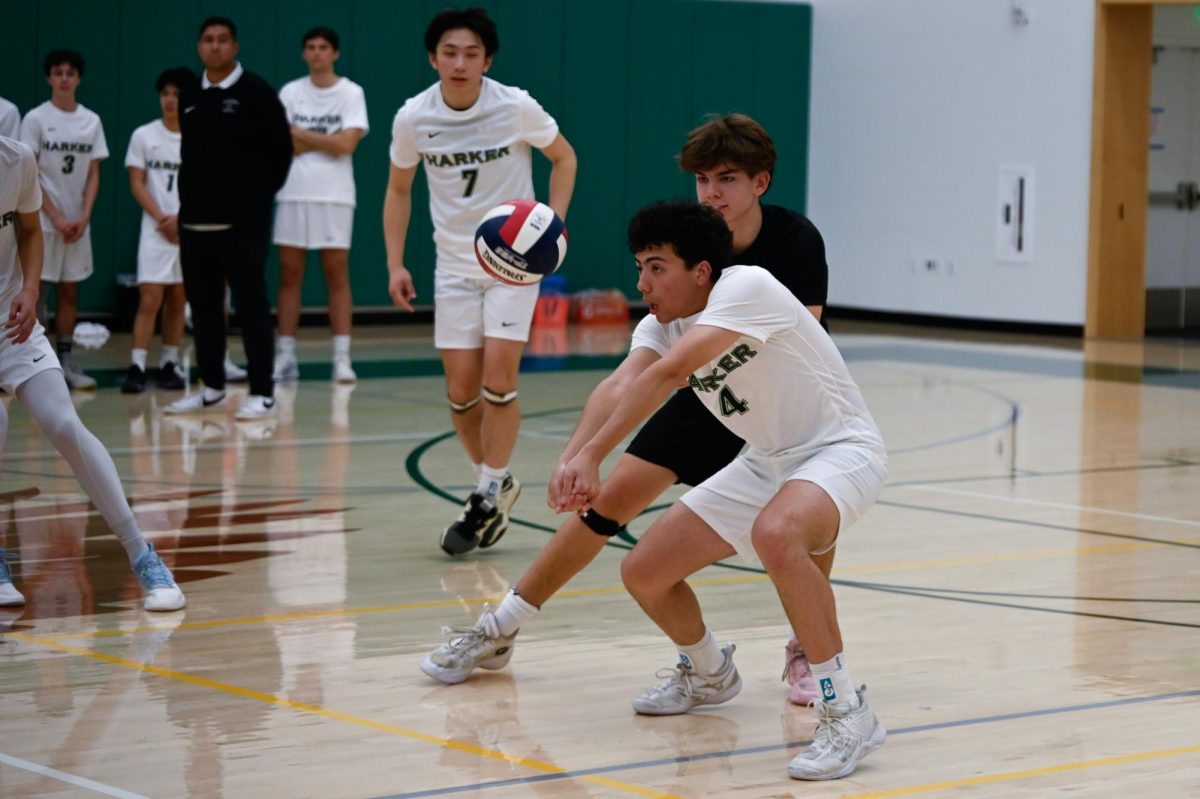





























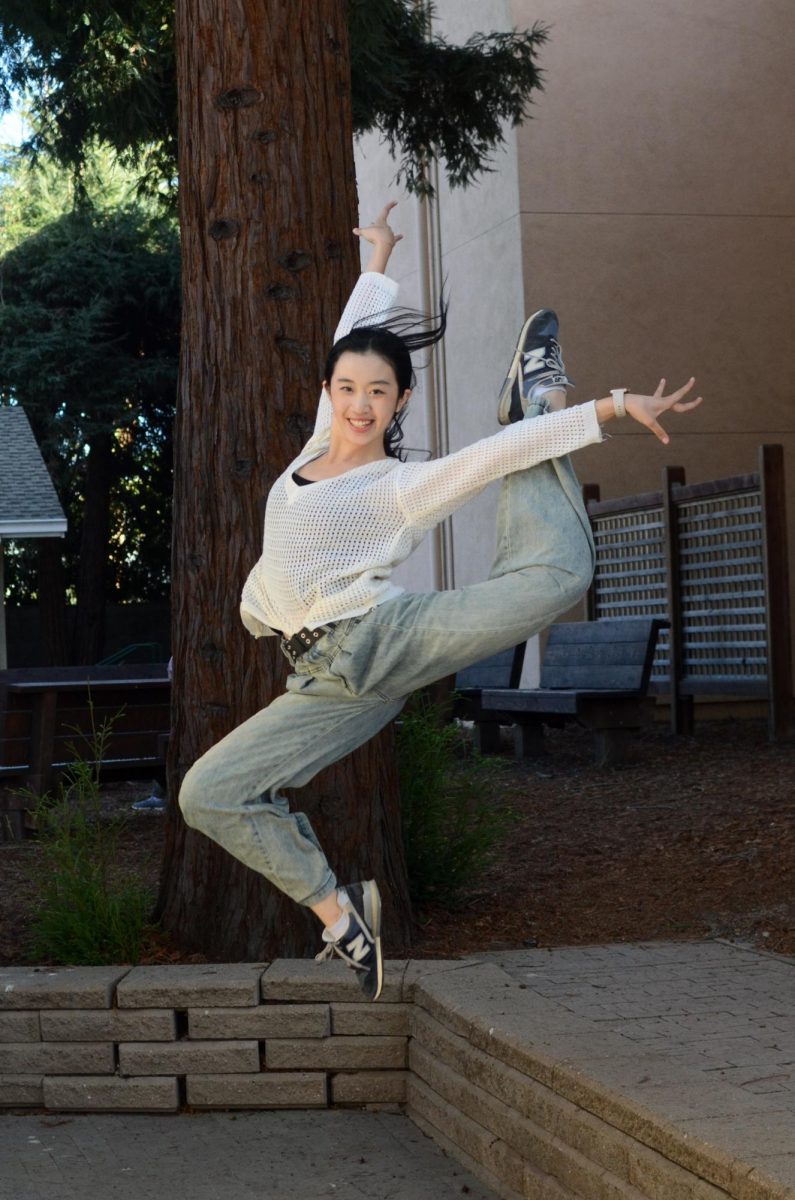











![“[Building nerf blasters] became this outlet of creativity for me that hasnt been matched by anything else. The process [of] making a build complete to your desire is such a painstakingly difficult process, but Ive had to learn from [the skills needed from] soldering to proper painting. Theres so many different options for everything, if you think about it, it exists. The best part is [that] if it doesnt exist, you can build it yourself, Ishaan Parate said.](https://harkeraquila.com/wp-content/uploads/2022/08/DSC_8149-900x604.jpg)


![“Animation just clicked in a way. I had been interested in art, but that felt different. [Animation] felt like it had something behind it, whereas previous things felt surface level. I wasnt making that crazy of things, but just the process of doing it was much more enjoyable, Carter Chadwick (22) said.](https://harkeraquila.com/wp-content/uploads/2022/08/Screen-Shot-2022-08-16-at-9.44.08-AM-900x598.png)


![“When I came into high school, I was ready to be a follower. But DECA was a game changer for me. It helped me overcome my fear of public speaking, and its played such a major role in who Ive become today. To be able to successfully lead a chapter of 150 students, an officer team and be one of the upperclassmen I once really admired is something Im [really] proud of,” Anvitha Tummala (21) said.](https://harkeraquila.com/wp-content/uploads/2021/07/Screen-Shot-2021-07-25-at-9.50.05-AM-900x594.png)



![“[Volleyball has] taught me how to fall correctly, and another thing it taught is that you don’t have to be the best at something to be good at it. If you just hit the ball in a smart way, then it still scores points and you’re good at it. You could be a background player and still make a much bigger impact on the team than you would think,” Anya Gert (’20) said.](https://harkeraquila.com/wp-content/uploads/2020/06/AnnaGert_JinTuan_HoHPhotoEdited-600x900.jpeg)

![“Im not nearly there yet, but [my confidence has] definitely been getting better since I was pretty shy and timid coming into Harker my freshman year. I know that theres a lot of people that are really confident in what they do, and I really admire them. Everyones so driven and that has really pushed me to kind of try to find my own place in high school and be more confident,” Alyssa Huang (’20) said.](https://harkeraquila.com/wp-content/uploads/2020/06/AlyssaHuang_EmilyChen_HoHPhoto-900x749.jpeg)













![“My slogan is ‘slow feet, don’t eat, and I’m hungry.’ You need to run fast to get where you are–you arent going to get those championships if you arent fast,” Angel Cervantes (12) said. “I want to do well in school on my tests and in track and win championships for my team. I live by that, [and] I can do that anywhere: in the classroom or on the field.”](https://harkeraquila.com/wp-content/uploads/2018/06/DSC5146-900x601.jpg)

![“I think getting up in the morning and having a sense of purpose [is exciting]. I think without a certain amount of drive, life is kind of obsolete and mundane, and I think having that every single day is what makes each day unique and kind of makes life exciting,” Neymika Jain (12) said.](https://harkeraquila.com/wp-content/uploads/2017/06/Screen-Shot-2017-06-03-at-4.54.16-PM.png)





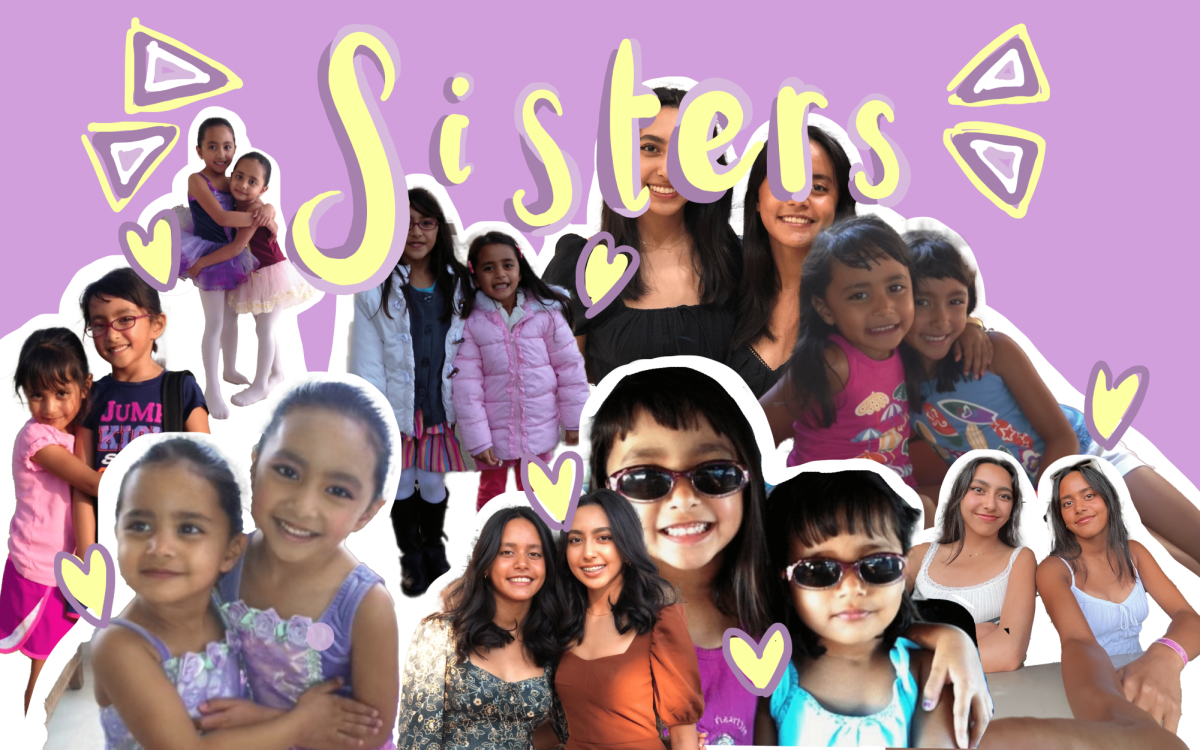
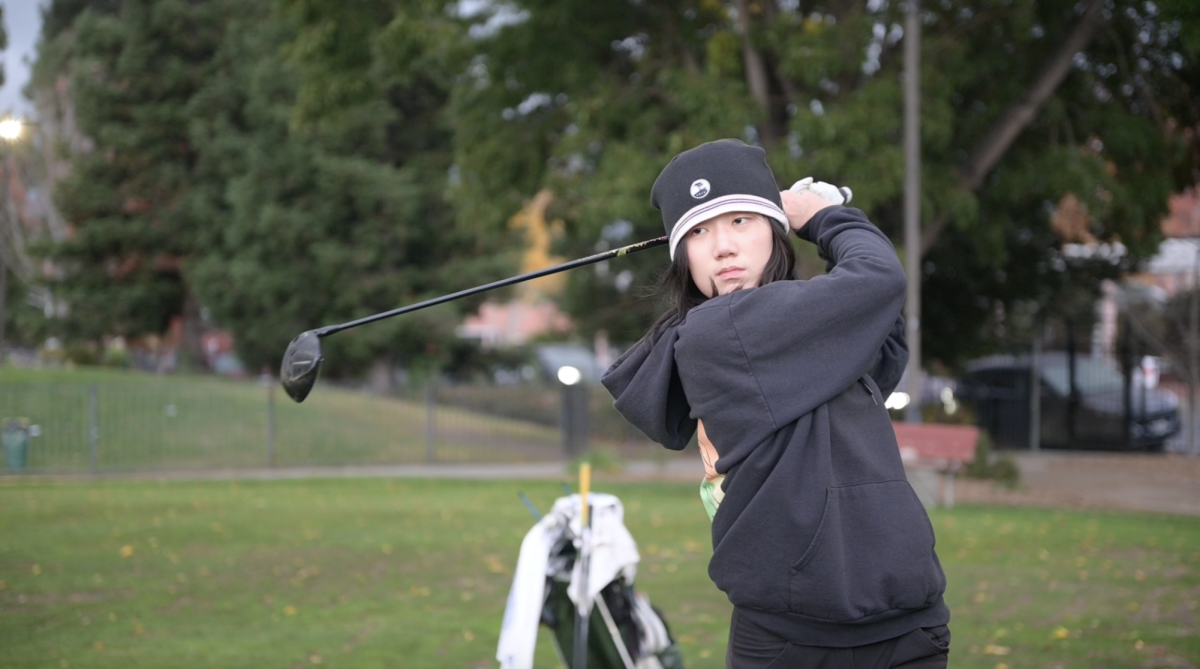

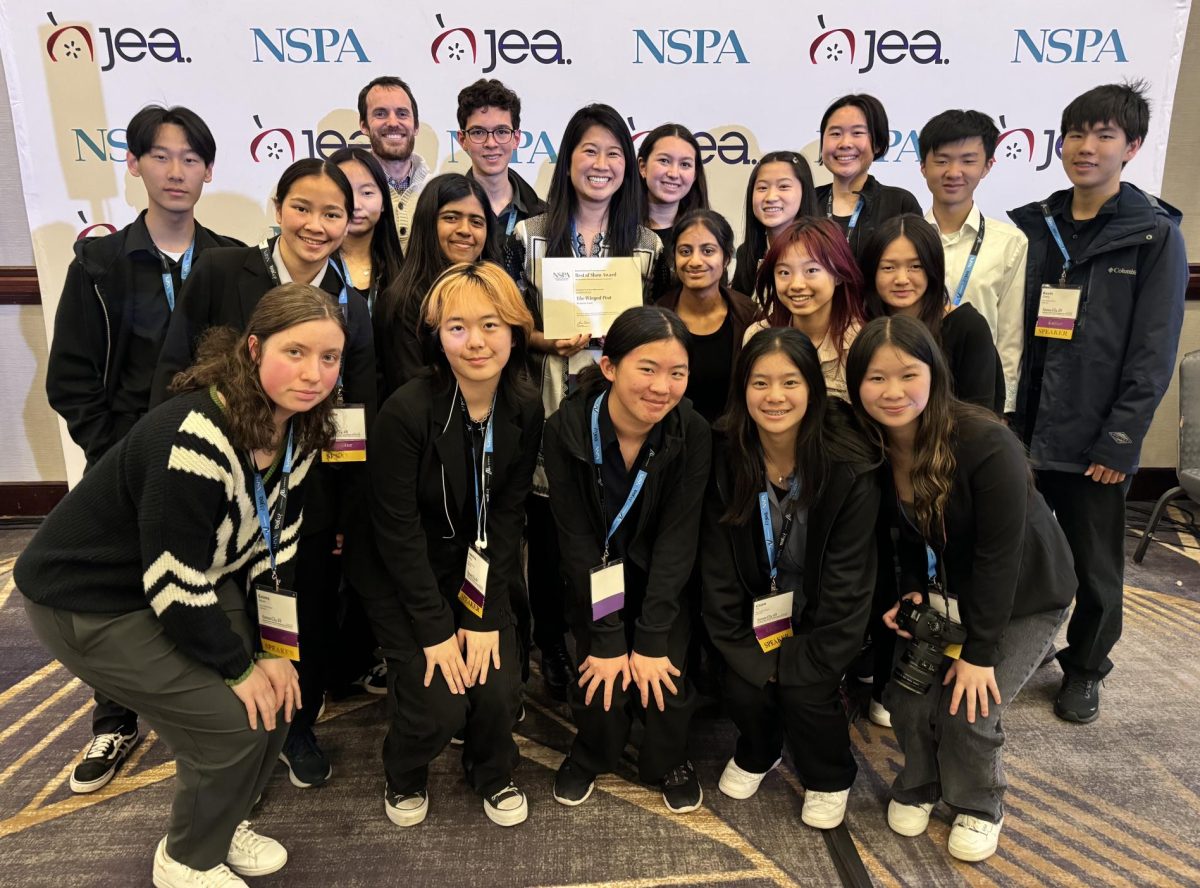
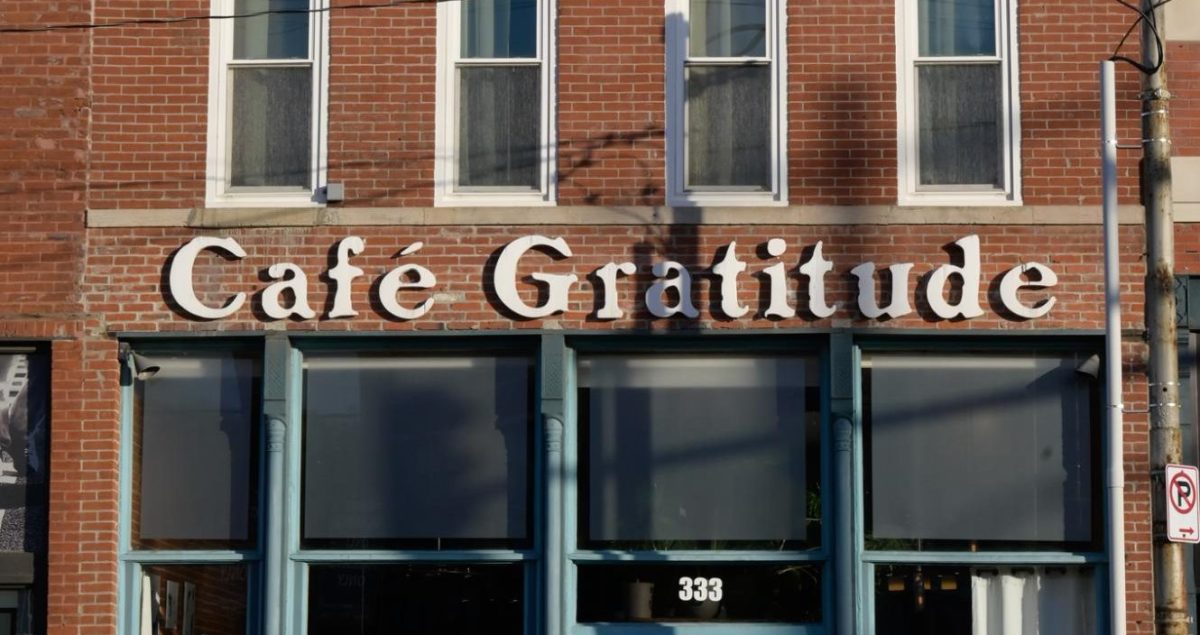







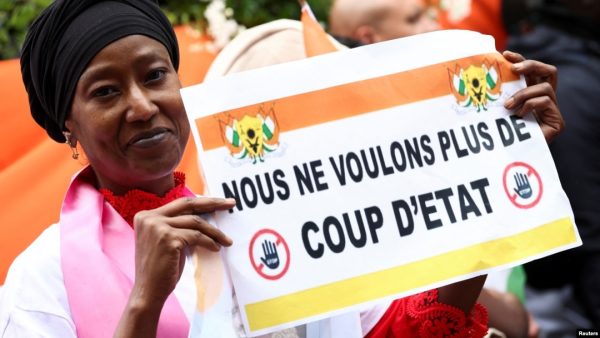
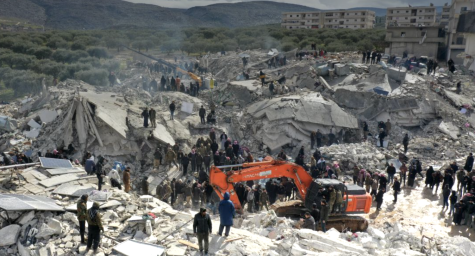

![Secretary of State Anthony Blinken announced in a press release on Oct. 28 an additional $275 million of aid for Ukraine to help in the country’s resistance against Russia. “[I think that the U.S. should be] increasing aid, providing more refugee opportunities,” Stefan Maxim (10), who has observed the evolution of the war over its duration, said.](https://harkeraquila.com/wp-content/uploads/2022/11/ukraine-475x317.jpeg)